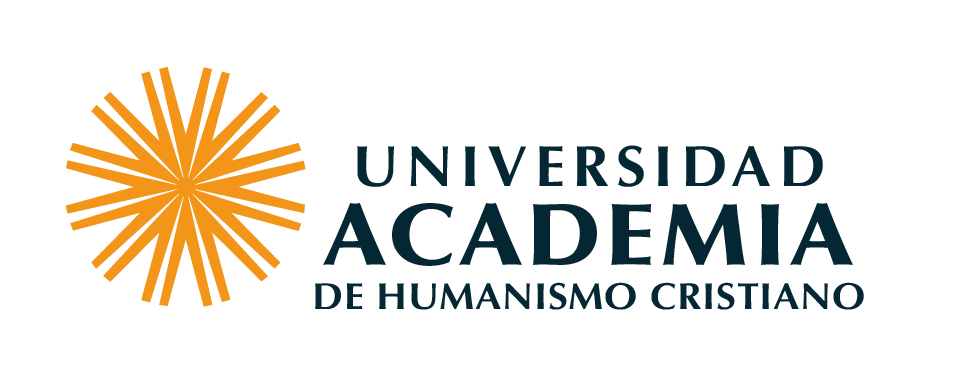Rethinking ancient Maya social organization : replacing "lineage" with "house".
Material type: ArticlePublication details: Arlington American Antropological Association 2000Subject(s):
In:
American anthropologistSummary: Long-standing disagreements concerning prehispanic Maya kinship and social organization have focused on the nature of their corporate groups, generally presumed to have been lineages. Specific debates center on whether the lineages were patrilineal or incorporated some kind of double-descent reckoning, how descent was combined with locality to define a group, and the status of lineage-outsiders within a group. It is argued here that Maya social organization is better approached within the contemporary critique of kinship, replacing "lineage" with Lévi-Strauss's model of the "house"—a corporate group maintaining an estate perpetuated by the recruitment of members whose relationships are expressed "in the language" of kinship and affinity and affirmed by purposeful actions. In this perspective, the operation of corporate groups is the primary concern, and relationships construed in terms of consanguinity and affinity are seen as strategies pursued to enhance and perpetuate the group, [ancestor veneration, house society, kinship, Maya, social organization]
ArticlePublication details: Arlington American Antropological Association 2000Subject(s):
In:
American anthropologistSummary: Long-standing disagreements concerning prehispanic Maya kinship and social organization have focused on the nature of their corporate groups, generally presumed to have been lineages. Specific debates center on whether the lineages were patrilineal or incorporated some kind of double-descent reckoning, how descent was combined with locality to define a group, and the status of lineage-outsiders within a group. It is argued here that Maya social organization is better approached within the contemporary critique of kinship, replacing "lineage" with Lévi-Strauss's model of the "house"—a corporate group maintaining an estate perpetuated by the recruitment of members whose relationships are expressed "in the language" of kinship and affinity and affirmed by purposeful actions. In this perspective, the operation of corporate groups is the primary concern, and relationships construed in terms of consanguinity and affinity are seen as strategies pursued to enhance and perpetuate the group, [ancestor veneration, house society, kinship, Maya, social organization]
| Item type | Current library | Collection | Call number | Copy number | Status | Date due | Barcode | |
|---|---|---|---|---|---|---|---|---|
| Analítica de revista | Biblioteca Central Colección General | General | AM. ANTHROPOL.-03/00 (Browse shelf(Opens below)) | 1 | Available | FICTICIO169 |
Browsing Biblioteca Central shelves, Shelving location: Colección General Close shelf browser (Hides shelf browser)
| No cover image available | No cover image available | No cover image available | No cover image available | No cover image available | No cover image available | No cover image available | ||
| AM. ANTHROPOL.-03/00 American anthropologist / | AM. ANTHROPOL.-03/00 Husband and wife do it together : | AM. ANTHROPOL.-03/00 Anténor Firmin : | AM. ANTHROPOL.-03/00 Rethinking ancient Maya social organization : | AM. ANTHROPOL.-03/00 Constructivist models of mind, contemporary psychoanalysis, and tehe development of culture theory. | AM. ANTHROPOL.-03/00 Representations of nature on the mongolian steppe : | AM. ANTHROPOL.-03/02 American anthropologist / |
En: American Anthropologist. -- Vol. 102 No. 3 (Septiembre 2000), pp. 467-484. ISSN 00027294
Long-standing disagreements concerning prehispanic Maya kinship and social organization have focused on the nature of their corporate groups, generally presumed to have been lineages. Specific debates center on whether the lineages were patrilineal or incorporated some kind of double-descent reckoning, how descent was combined with locality to define a group, and the status of lineage-outsiders within a group. It is argued here that Maya social organization is better approached within the contemporary critique of kinship, replacing "lineage" with Lévi-Strauss's model of the "house"—a corporate group maintaining an estate perpetuated by the recruitment of members whose relationships are expressed "in the language" of kinship and affinity and affirmed by purposeful actions. In this perspective, the operation of corporate groups is the primary concern, and relationships construed in terms of consanguinity and affinity are seen as strategies pursued to enhance and perpetuate the group, [ancestor veneration, house society, kinship, Maya, social organization]
There are no comments on this title.
